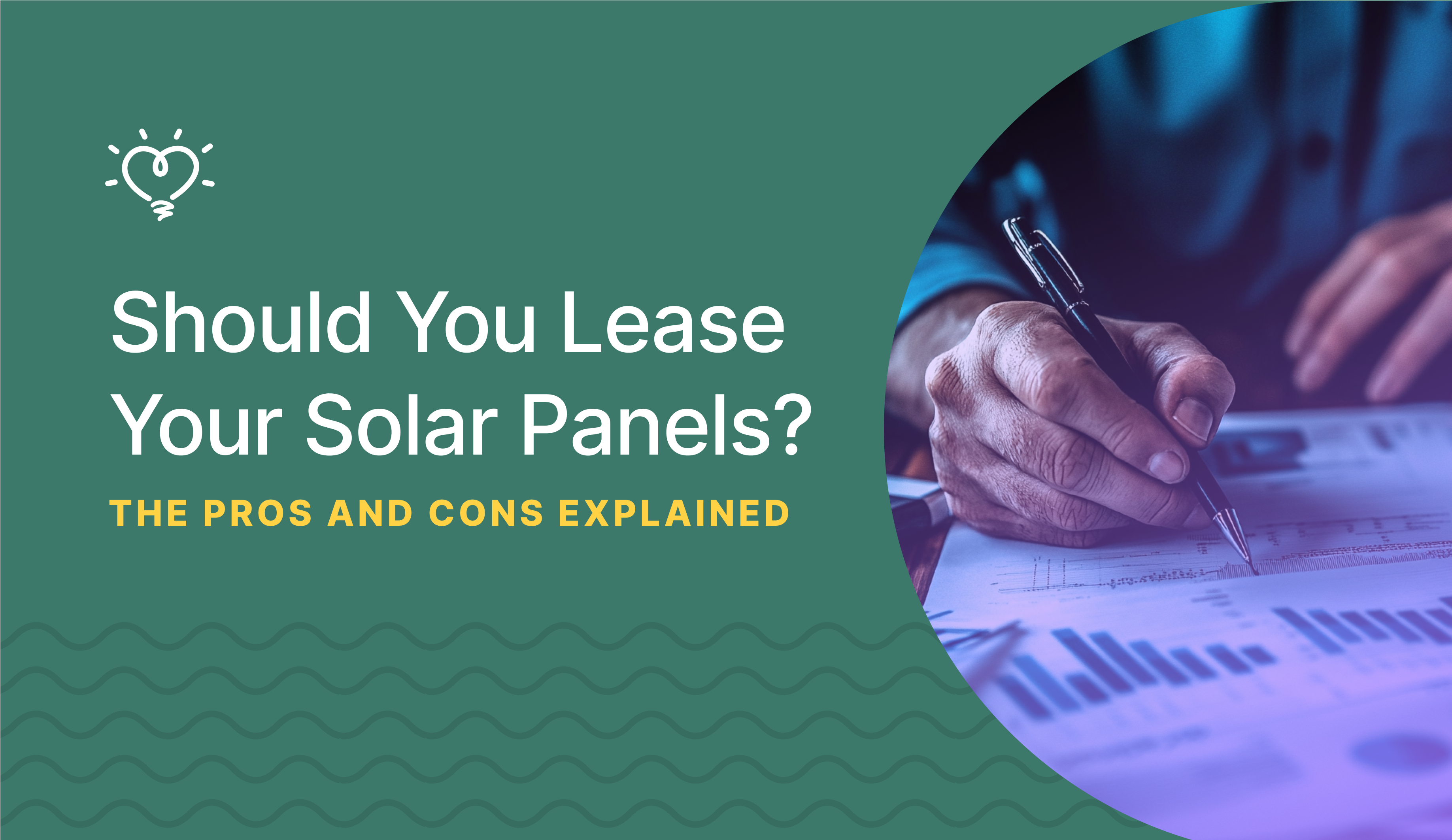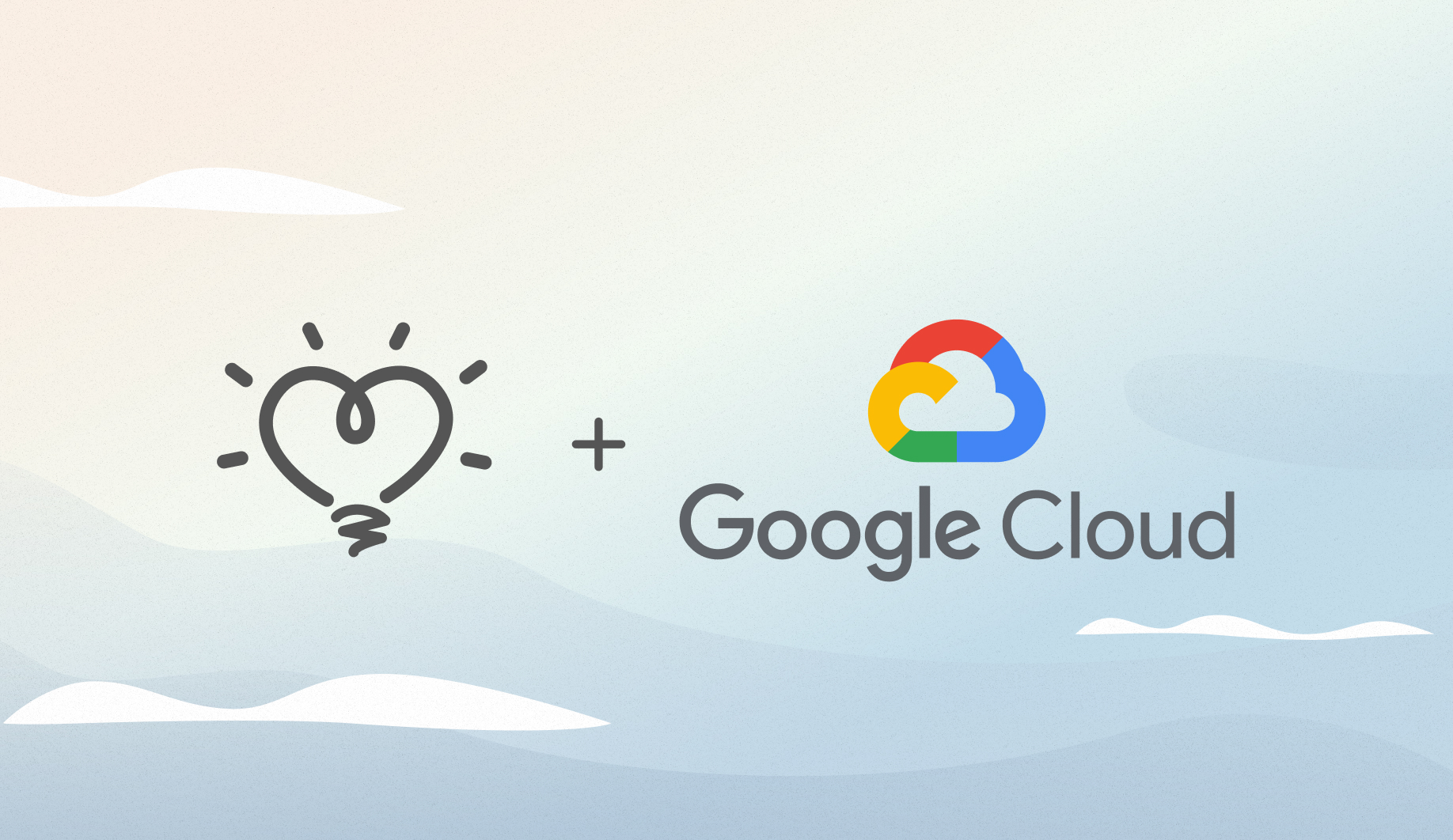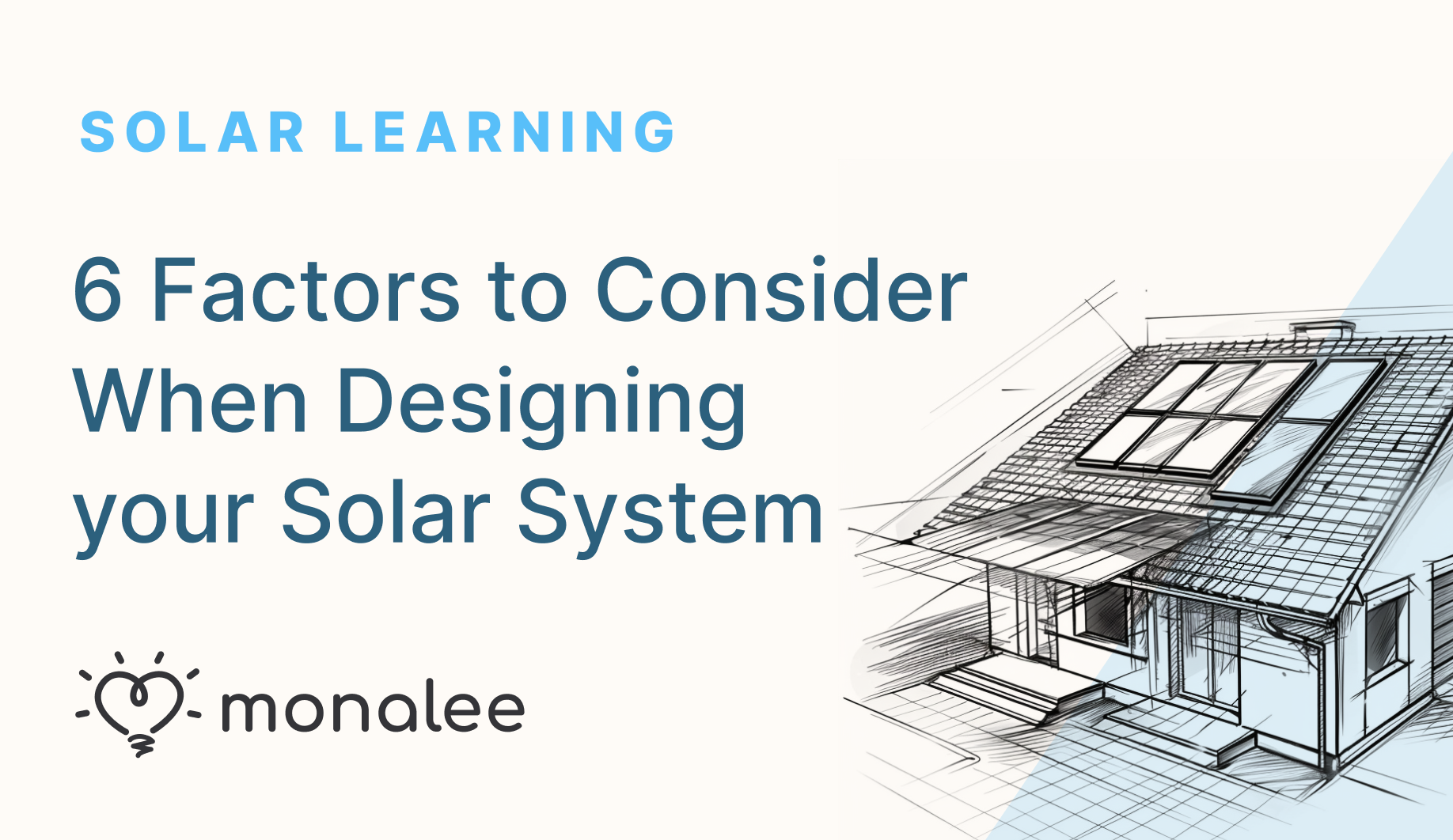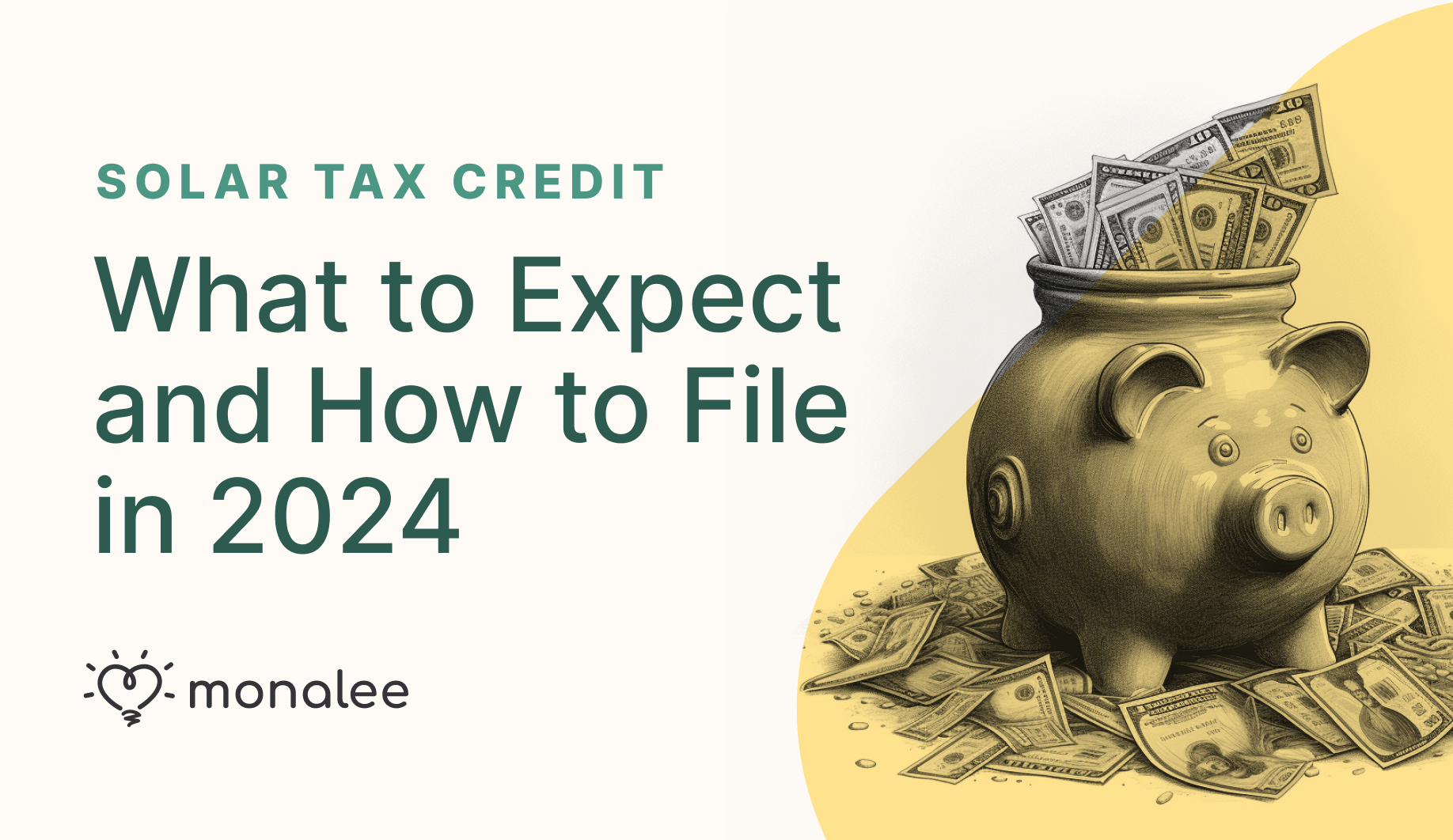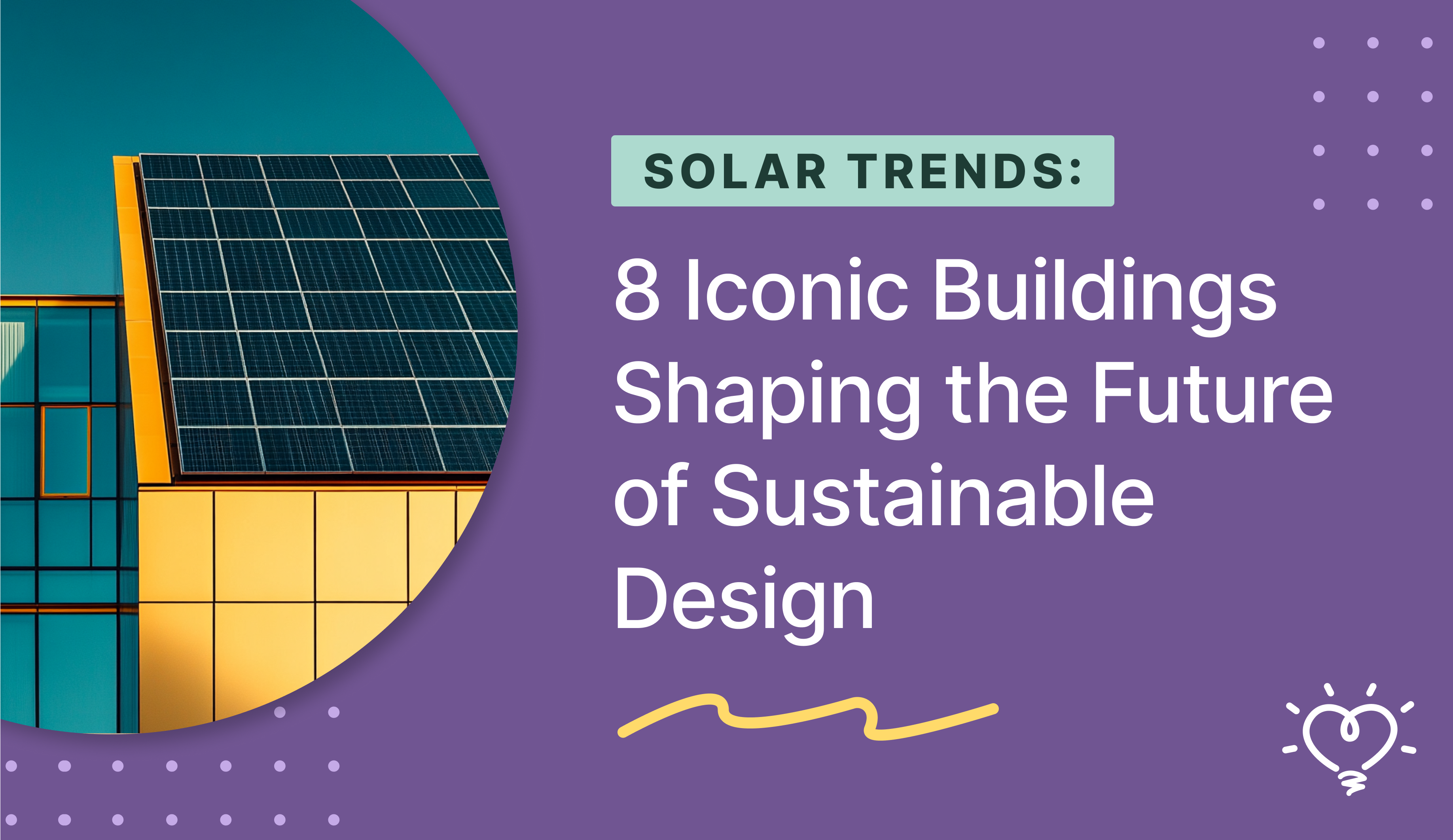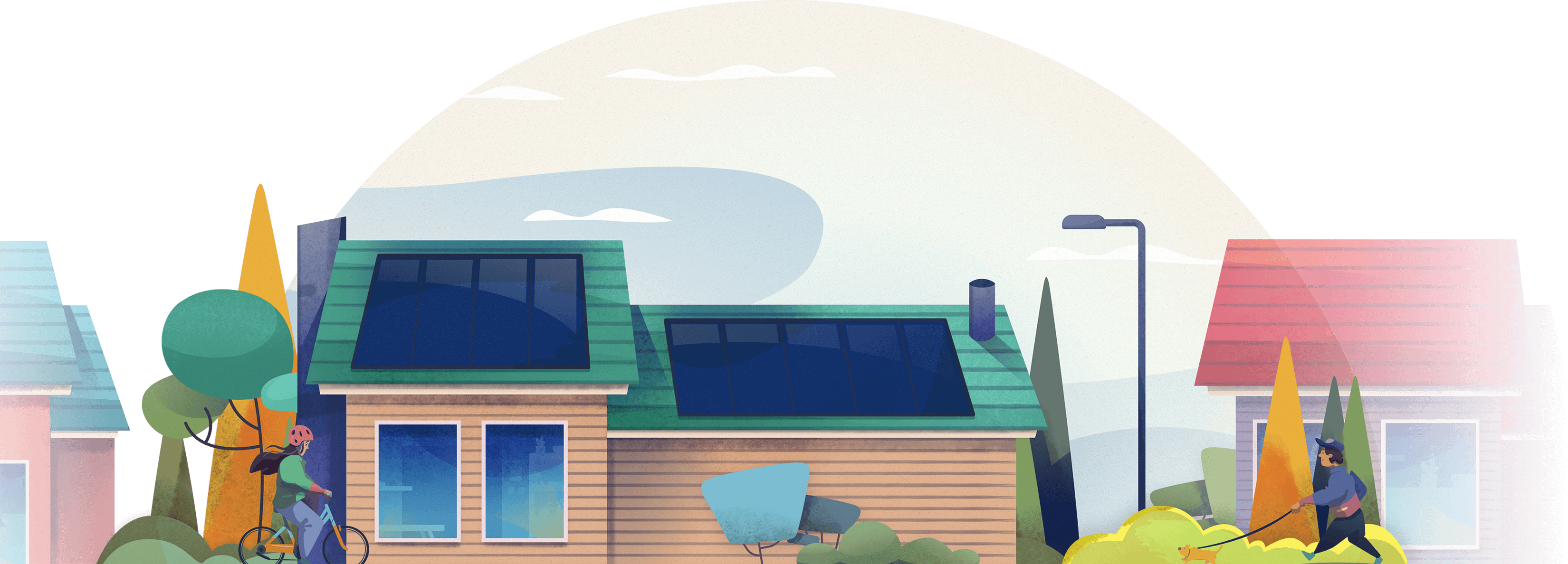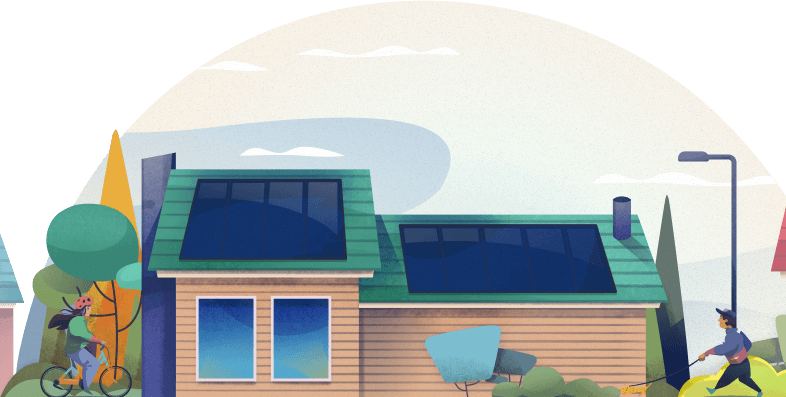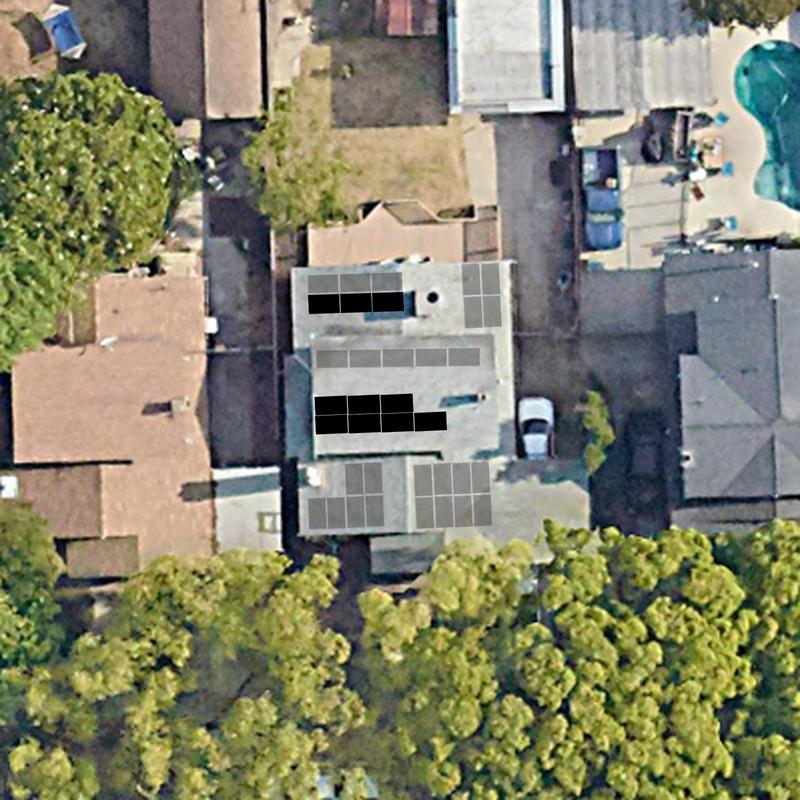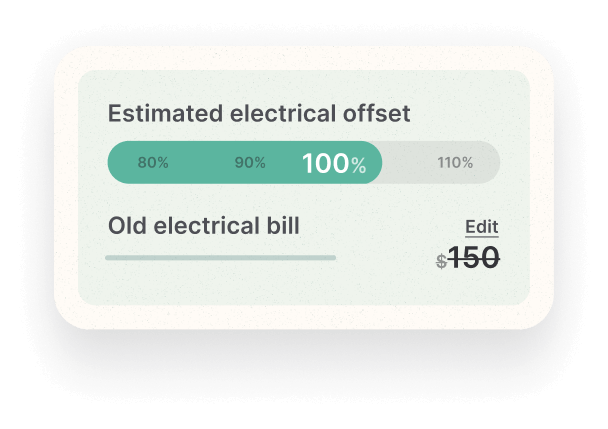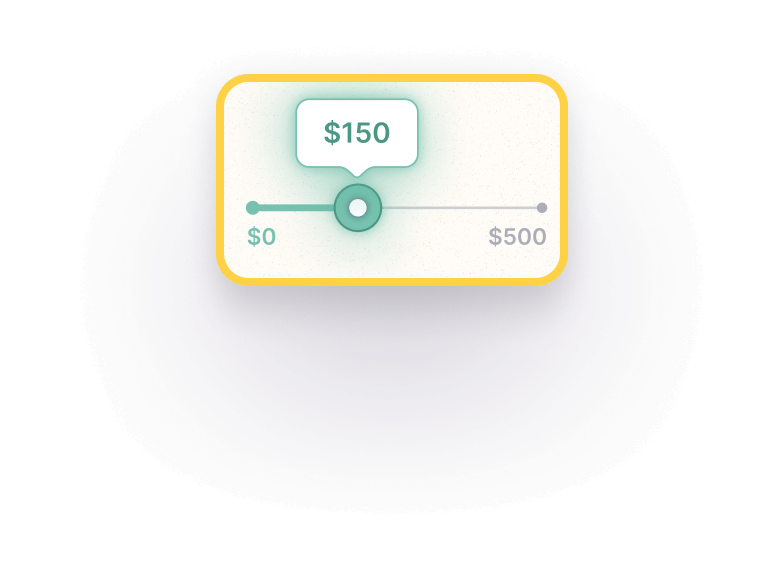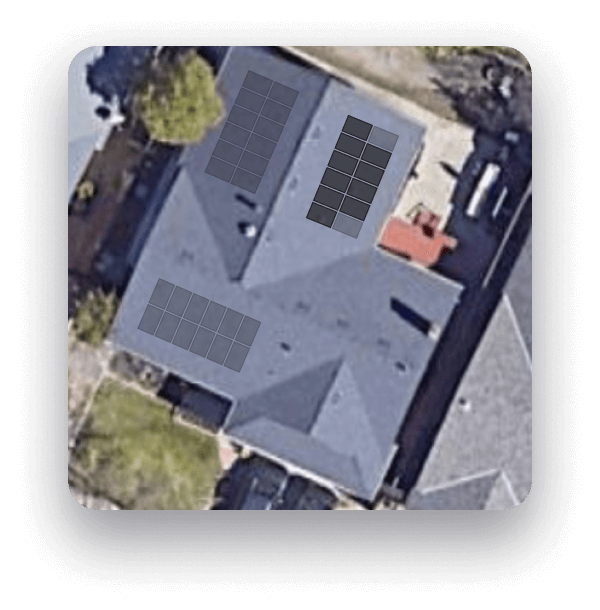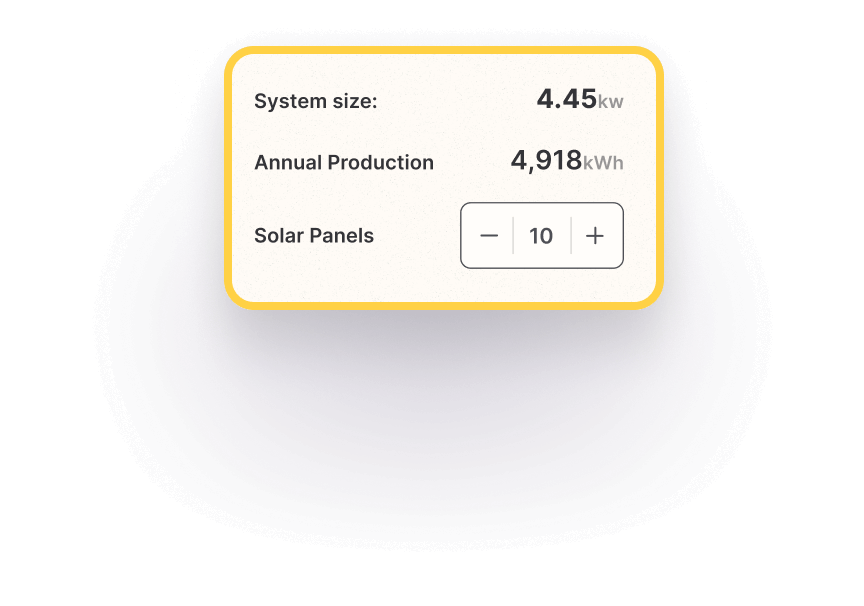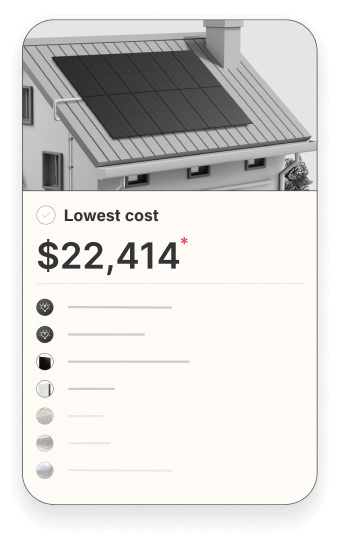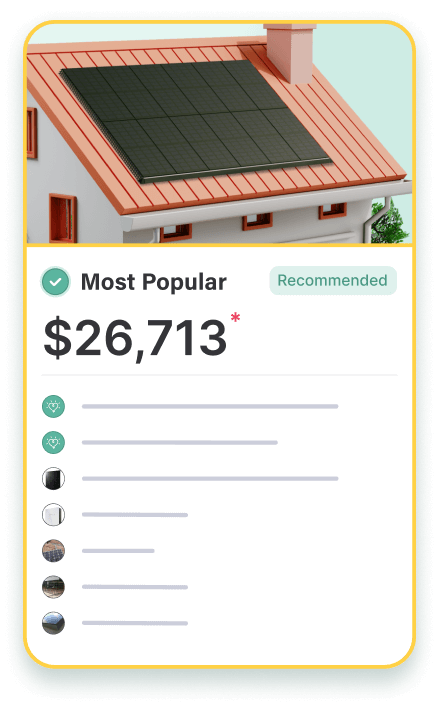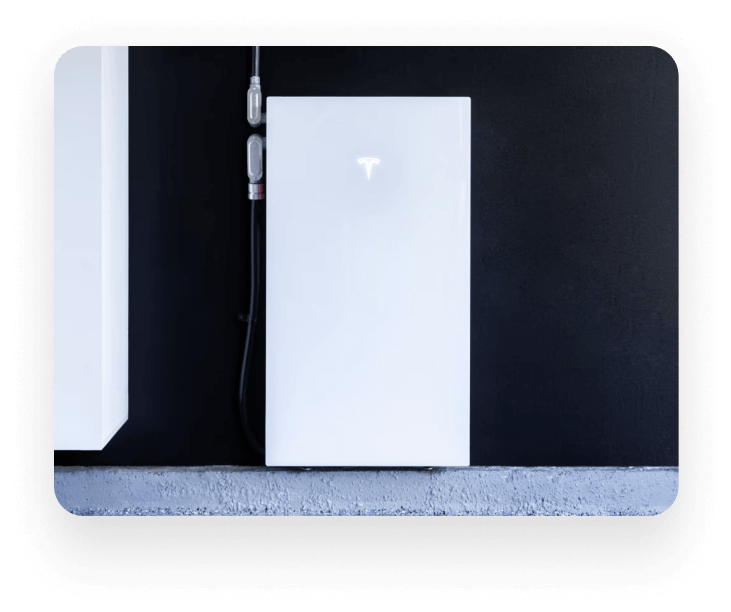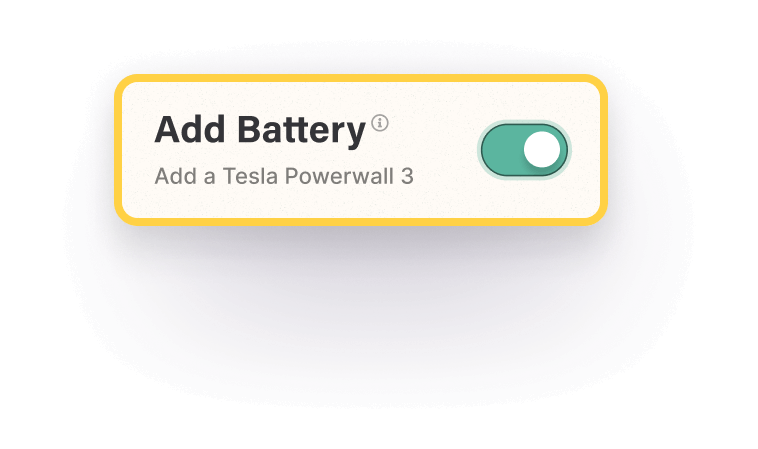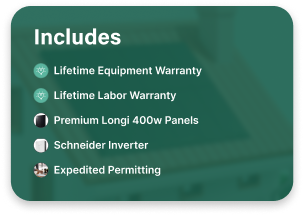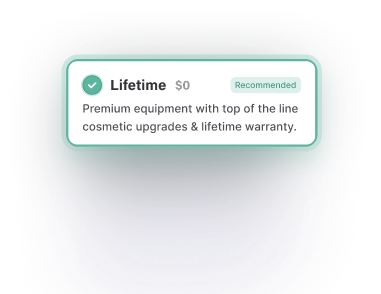If you've been on the fence about solar, a lease might just be the answer.
When deciding to go solar, it’s crucial to consider all your options. You’ll want to choose a trusted solar company, but aligning your decision with your short- and long-term goals is essential. While solar loans have traditionally been the go-to alternative to cash payments, rising interest rates are causing many homeowners to rethink their choices.
Enter solar leases. With predictable monthly payments, immediate savings, and no maintenance responsibilities, leasing a solar system offers a hassle-free way to go green and start saving immediately.
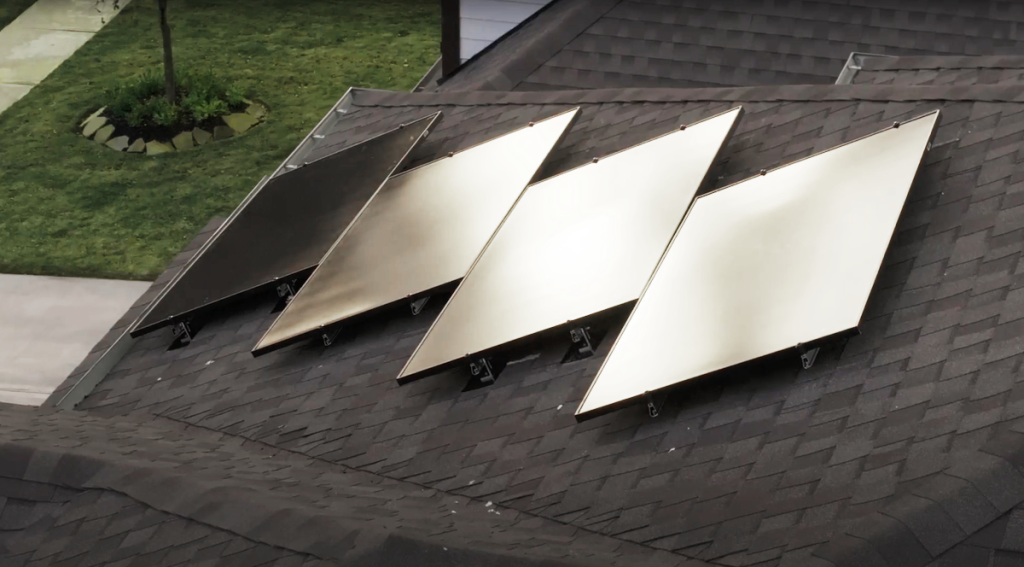
5 Smart Reasons to Lease Your Solar System
Solar leases make a lot of sense for homeowners who want the benefits of solar energy without the upfront costs or ongoing maintenance.
1. You don’t need to pay anything upfront.
Going solar can be a significant investment for homeowners; only some are financially able to make the switch. Homeowners typically have three options for paying for solar: cash (paying it all upfront), taking out a solar loan, or signing a solar lease. Solar leases usually don’t have an initial cost, making them a more appealing option for some.
2. You pay a monthly fixed rate.
Like a rental agreement or car leasing, solar leases require monthly payments at a fixed rate. Leasing a solar system can be a great option for homeowners looking to budget and avoid utility price spikes. Remember that some solar leases include an annual escalation clause where the monthly payment increases slightly each year. Just make sure to read the fine print before signing. Your lease payment typically stays consistent, but your utility company will charge you for the difference if your solar system doesn’t produce enough energy to meet your needs.
3. You get immediate savings on energy bills.
With utility prices rising nationwide, solar leases provide a sense of predictability in an uncertain market. While your fixed lease payment will depend on factors like your energy use, it’s typically lower than a traditional utility bill. So, even though you won’t reap the long-term benefits of owning your system, the immediate savings can be a major win.
4. Solar production is guaranteed.
Solar leases usually guarantee that your system will produce a certain amount of kilowatt hours each month. So, if a system is underproducing, the leasing company is responsible for addressing the issue and making the necessary adjustments to optimize performance. The guaranteed set amount of kilowatt hours should be clearly outlined in your lease contract.
5. There’s no maintenance required.
One major benefit of leasing a solar system is that maintenance and repairs are the leasing company’s responsibility. This means that should equipment break or malfunction, it’s on them to handle repairs or replacements at no cost to you—much like calling your landlord or building manager to fix an issue in a rental apartment.
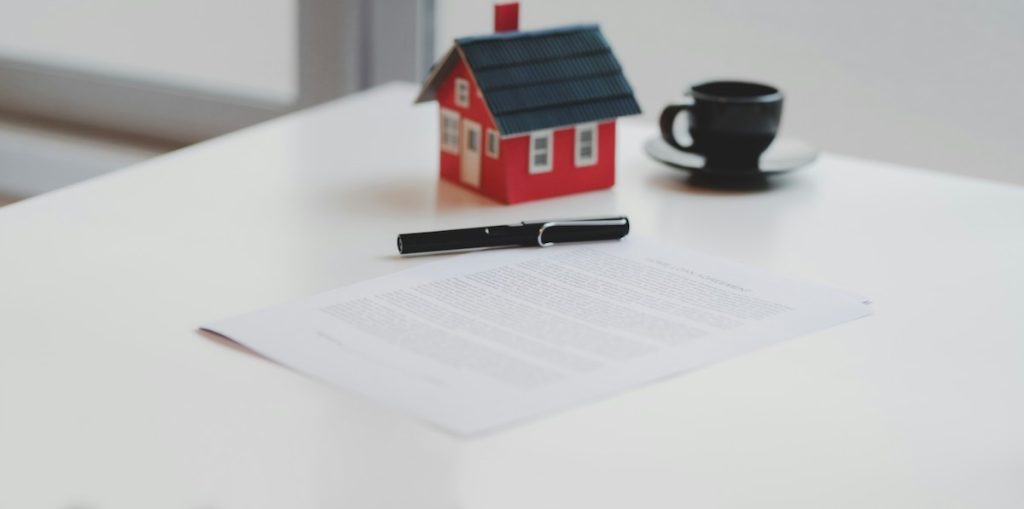
A Few Cons to Keep in Mind
Solar leases may not be the best option for you if you’re looking for long-term savings and increased home value.
1. You won’t own your system.
As with any lease, choosing a solar lease means you won’t own your solar system. This means that, while you benefit from the energy savings, you won’t build equity in the system or benefit from any potential increase in your property’s value. For context, homes with solar systems installed increase in value by an average of 4.1 percent. You also need the option to transfer or sell your system after the lease expires.
2. You’ll be exempt from specific incentives.
When you sign up for a solar lease, you miss out on several incentives typically available to homeowners who buy their systems. Instead, the company you are leasing your system from will be able to claim the federal Investment Tax Credit (ITC) and any state or local rebates. The same goes for net metering programs.
3. Your return on investment will be lower.
With a solar lease, your ROI is going to be lower than if you pay for your system outright (with cash or a solar loan) because you don’t own the system. Some solar leases also include annual increases to monthly payments, which can reduce your savings. If you owned your system, it would ultimately pay for itself after a certain amount of years.
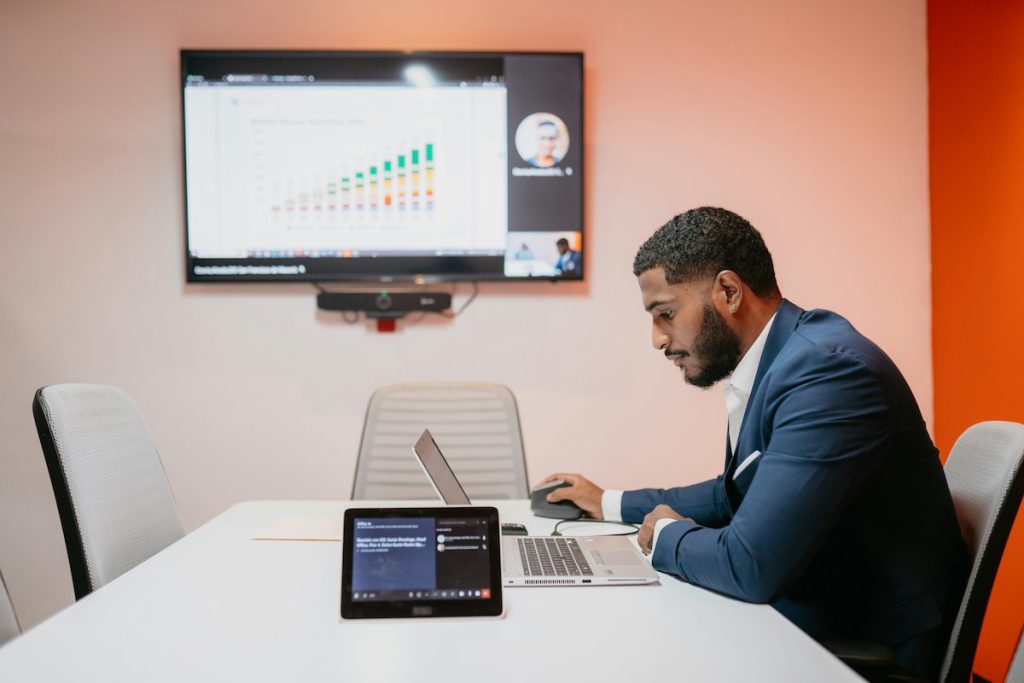
Final Thoughts
Solar leases are a smart choice for homeowners seeking financial stability in an uncertain economy. They provide immediate savings on energy bills, and you won’t have to worry about maintenance throughout the system’s lifetime. However, purchasing your system outright is the better option if you’re focused on long-term savings.
